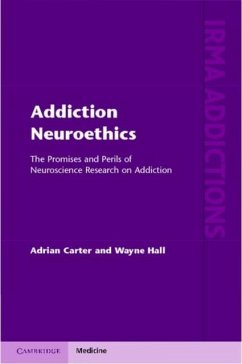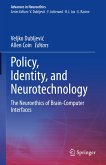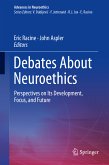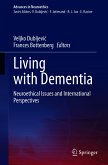Addiction is a significant health and social problem and one of the largest preventable causes of disease globally. Neuroscience promises to revolutionise our ability to treat addiction, lead to recognition of addiction as a 'real' disorder in need of medical treatment and thereby reduce stigma and discrimination. However, neuroscience raises numerous social and ethical challenges: * If addicted individuals are suffering from a brain disease that drives them to drug use, should we mandate treatment? * Does addiction impair an individual's ability to consent to research or treatment? * How will neuroscience affect social policies towards drug use? Addiction Neuroethics addresses these challenges by examining ethical implications of emerging neurobiological treatments, including: novel psychopharmacology, neurosurgery, drug vaccines to prevent relapse, and genetic screening to identify individuals who are vulnerable to addiction. Essential reading for academics, clinicians, researchers and policy-makers in the fields of addiction, mental health and public policy.
Dieser Download kann aus rechtlichen Gründen nur mit Rechnungsadresse in A, B, BG, CY, CZ, D, DK, EW, E, FIN, F, GR, HR, H, IRL, I, LT, L, LR, M, NL, PL, P, R, S, SLO, SK ausgeliefert werden.









